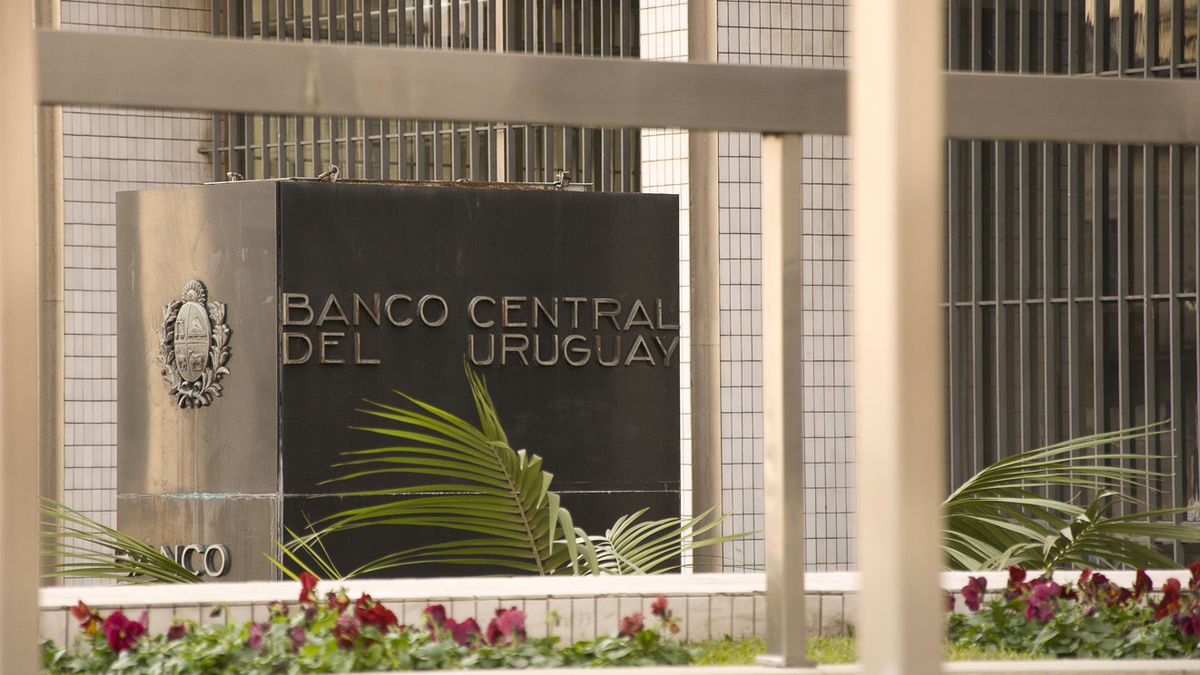The government issued a bond to capitalize on Central Bank of Uruguay (BCU) for 1,550 million dollars, whose assets were affected by the exchange rate mismatch during 2022, falling below the minimum established in its Organic Charter.
As was officially reported in March, the BCU ended 2022 with a exercise result in red, with a deficit of 57,985 million pesos that affected the equity by 8.05 million pesos. In this way, the special reserve corresponding to article 9 of the entity’s Organic Charter decreased from 15,237 million to 4,199 million pesos.
This situation forced the government to increase reserves by at least 36,066 million pesos —about 983.24 million dollars—, with the objective of complying with the Law 16,696which establishes a minimum amount of 5,000 million Indexed Units (UI) — around 29,370 million pesos at closing values of 2023—; as well as the obligation of Executive power to act if these values are not achieved.
Similar situations already occurred in 2010, 2011, 2012 and 2013.
The capitalization plan
To meet this objective, and as announced by the Ministry of Economy and Finance (MEF) In March, the government launched a capitalization plan for the BCU. In this framework, on the last business day of 2023—Friday, December 29—it issued a public debt security in favor of the monetary authority for a nominal amount of 12,038,612,931 UI—equivalent to about 1,808 million dollars.
The operation was reported by the Public Debt Coordination Committee, which also detailed that the bond has a zero coupon and a five-year term. It is computed in the balance sheet of the BCU for its effective value, so the capitalization had a book value of 10,324,631,580 million UI—1,551 million dollars.
The total issued will allow the BCU to close the 2023 balance with reserves above the legal minimum, given the trajectory of the domestic and international macroeconomic variables observed during the past year.
For its part, the Committee clarified that the status of the BCU reserves does not affect the stability of the banking system. “The occurrence of negative equity in a given year, and the consequent need for capitalization, does not weaken or affect the functions and capabilities of the BCU, which are to ensure price stability and the regulation of the operation and supervision of the payment system. and the financial system, promoting its solidity, solvency, efficiency and development,” he explained in the statement of the operation.
Likewise, the issue did not go through the market nor did it increase the public sector debtsince the debtor and the creditor are the public sector.
Source: Ambito




